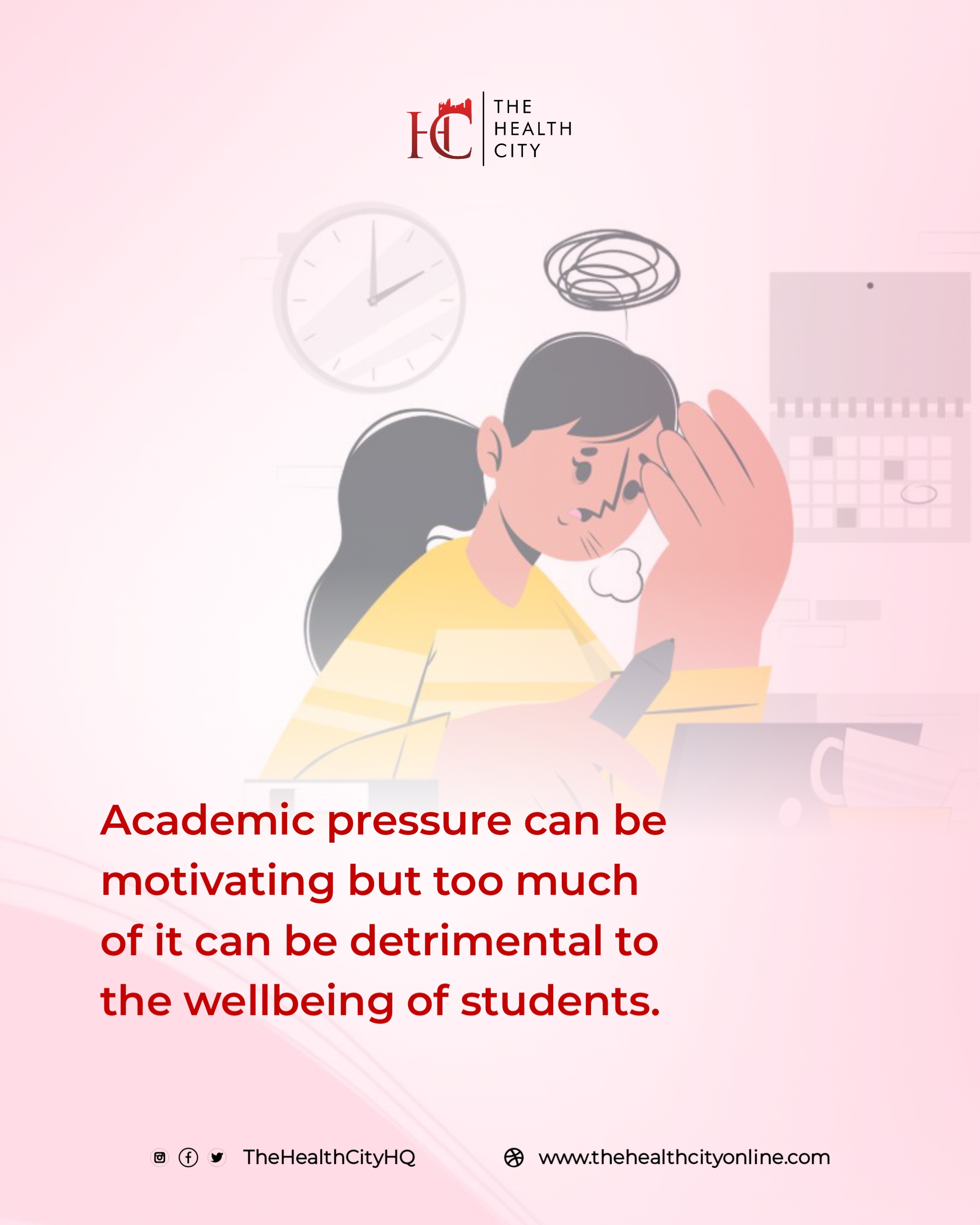
DEALING WITH ACADEMIC PRESSURE AND FAILURE
Academic pressure is the tension, discomfort, and other emotions caused by pressure from external factors in the learning process. There are several causes of academic pressure, including parental pressure and poor organization and time management. Academic pressure can be helpful in encouraging good performance, but excessive academic pressure can be detrimental to a student’s health and overall well-being.
Stress issues often start before a prospective student even reaches campus because college acceptance has become increasingly competitive. In 2018, 4% more students applied than the previous year and only 65.4% were accepted. Incoming students begin their college years carrying the stress of the rigorous admissions process and their diligent attention to academics, extracurriculars, and other efforts to bolster their application.
Coping Strategies for Academic Pressure:
1. Excessive academic pressure may have negative effects, but there are coping strategies students can use to combat it.
2. Arrange a study group: This can be especially helpful if a student isn’t motivated by a subject. It helps to reward oneself after completing each section of the module or chapter.
3. Work in a café or library: The home or school environment can sometimes get distracting. Working somewhere quiet, like a nearby café or library, can help one focus and get work done.
4. Request for assignments early: If students can get ahead of their work, then it may save them the trouble of stressing over assignments that pile up later on.
5. Avoid comparing yourself to others: It is easier said than done, but students should try not to judge themselves based on their friends’ and classmates’ goals and achievements. Adolescents can set their own goals and take pride in their hard work.
6. Keep health in check: Maintaining good sleeping, eating, and exercise habits can significantly lower stress levels and help combat academic pressure.
7. Maintain balance: A balanced lifestyle is essential to succeeding while maintaining physical and mental well-being. Aside from keeping healthy, students can do things like spend time with friends, engage in their favorite hobbies, and make time to rest.
Forming these habits now will be useful for life after school.
Remember what matters: Parents and guardians can shape how academic pressure affects their children by focusing on what really matters. Adolescents who believe their parents or guardians value character traits more than achievement tend to show better mental health outcomes and lower risk-taking behaviors.
Reference:
i. https://mentalhealthcenterkids.com/blogs/articles/academic-pressure
ii. https://mentalhealthcenterkids.com/blogs/articles/academic-pressure

 Abdulhakim Bashir Tijjani
Abdulhakim Bashir Tijjani
Latest Comments
No Comments Yet
To write a comment, You must be logged in
Login Here SIGN IN